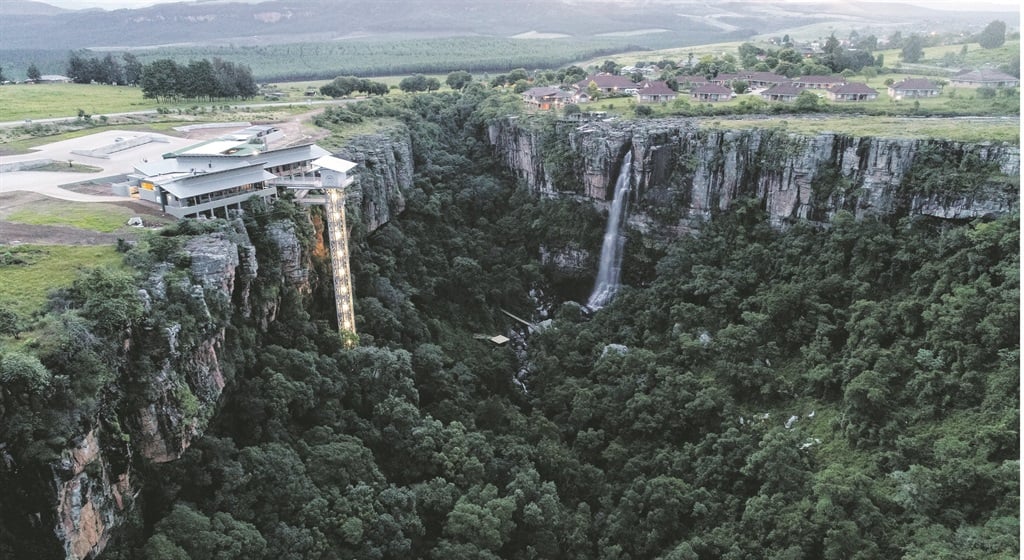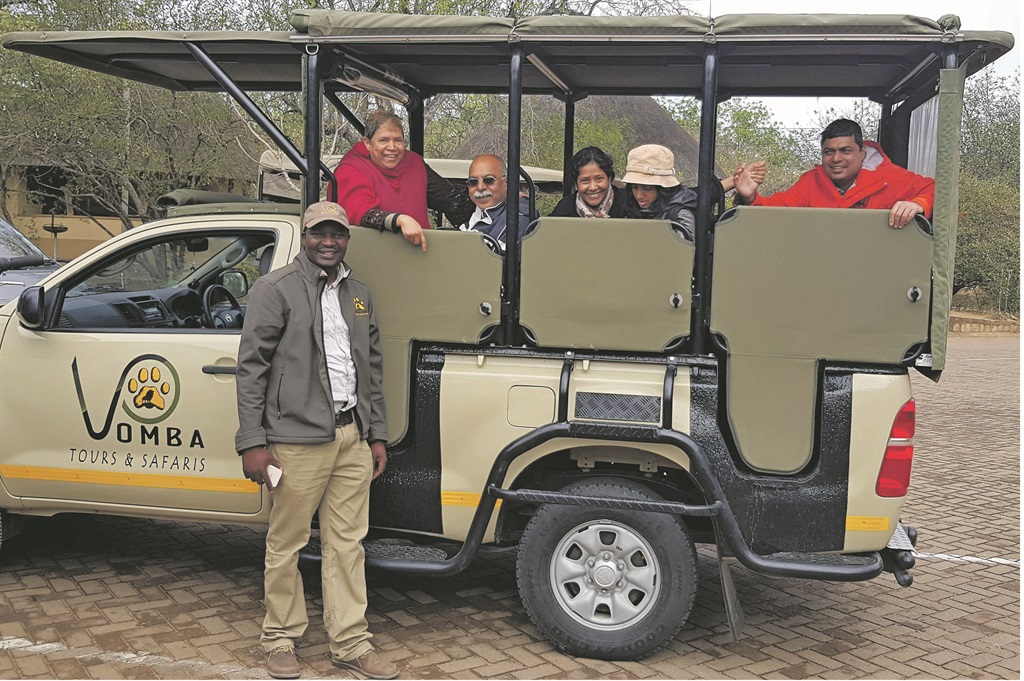
Funding difficulties have kept blacks from entering the tourism industry, but a budget to drive transformation has been created
When Khimbini Hlongwane (46) ventured into the tourism business three years ago, it was a path rarely walked by black entrepreneurs.
Whichever direction he looked, he saw an established white-owned business that he had to compete with in organising outings for foreign and local tourists, or a white-owned lodge to hire him to ferry visitors.
Having grown up in Maparule, a dusty village north-east of Hazyview and situated near the Sabi Sands Game Reserve’s Newton Gate in Mpumalanga, all of Hlongwane’s life has revolved around wildlife.
As an adult, he worked in private game reserves as a tracker and later as a tour guide.
Today, Hlongwane owns Vomba Tours & Safaris outside Skukuza in the Kruger National Park and takes foreign and local tourists to some of the exquisite sites in the province, including the park, the popular Panorama Route that boasts God’s Window in the Blyde River Canyon, and the historic gold-mining town of Pilgrim’s Rest as attractions.
He also organises tours to rural villages in the area.
“It’s been very hard,” Hlongwane said of his venture, “because this has been a white-dominated industry and pretty much kept away from blacks.”
According to statistics from the national department of tourism, there are still not enough blacks as shareholders and owners of entities in the tourism business.
In the few years that Hlongwane has been in business, it was only during the last festive season that he began seeing a surge in the number of tourists booking tours directly from his company.
“When we ask how they found out about Vomba Tours & Safaris, they say they were referred by other people and that has given me energy to push hard. There is that challenge as a black person that you have to prove you can do this right and white business often tries to downgrade my services,” he said.
“Big white-owned and international lodges support my business, but some give that support because they see me as a little underdog. I don’t need sympathy because I’m black … I need a platform to prove myself,” Hlongwane said.
He somehow believes that he would be better off if he was not running a tourism-related business because he would be able to express his views about racial tensions openly.
“It’s tough. I’m worried about the tensions between blacks and whites but I cannot go to Facebook and comment about things I see in this business,” he said.
The department of tourism commissioned a study on the state of transformation in the sector in 2017 after the introduction of the amended Tourism Broad-Based Black Economic Empowerment Sector Code in 2015.
The study, said departmental spokesperson Blessing Manale, found that only 13.6% of the 204 tourism entities surveyed had introduced blacks in their shareholding or ownership.
This is despite the fact that 80% of employees in the tourism sector are black.
Manale said it was also a struggle for black employees in the tourism sector to move up the corporate ladder, compared with white males.
“It is self-evident in the context of the tourism scorecard that transformation remains a major challenge facing the tourism sector, and the researcher has made recommendations to address such challenges. The findings of the study show that very few enterprises embrace the transformation agenda and certainly more needs to be done to address challenges enshrined in the report,” he said.
Manale added, however, that the number of companies that had shown an interest in taking part in an incubator programme for start-up black tourism enterprises in Mpumalanga, Limpopo, the Northern Cape and North West was increasing.
“This could be the signal that depicts an increase in new entrants, although it cannot be quantified,” Manale said.
The department has 54 545 tourism enterprises registered on its BEE portal, but their compliance with black empowerment was not good enough.
Only 44% of companies in the accommodation sector met BEE targets, 17% were in hospitality and related services while 39% were in travel and distribution.
“In comparison with a study conducted in 2012, the number of new black entrants who ventured into existing tourism businesses has slightly increased by 10%, while the number of black-owned businesses that ventured into the tourism sector remains the same,” Manale said.
Oupa Pilane – a co-founder of the R40 million Graskop Gorge Lift Company – said that lack of funding was a stumbling block for blacks to enter the tourism business.
Pilane’s company built a viewing lift that travels 51m down the Graskop Gorge, giving tourists a breathtaking view of the face of the gorge and waterfalls.
Read: Wild coast economic zone could fly in 2019
“If I hadn’t had R2 million cash, I could not have been part of this project. Funding institutions are there but their criteria are just too difficult for blacks to access the money,” Pilane said.
Manale agrees that funding difficulties have been key to keeping blacks from entering the tourism industry.
As such, the department had signed a memorandum of understanding with the National Empowerment Fund to create and manage a budget to drive transformation in tourism.
“The fund will not only assist small black-owned tourism enterprises to expand and grow, but also catalyse the rise of a new generation of youth, women and black-owned tourism industrialists to take the tourism sector to new heights,” he said.
The struggle for finance also hit Hlongwane. Since he did not qualify for finance to buy a minibus, he had to use his guile.
“I was forced to register in the local taxi association so that the bank could believe that I would have some income. I saved tips I got and applied for a personal loan just to convince the bank that I could pay its money back,” he said.




 Publications
Publications
 Partners
Partners









